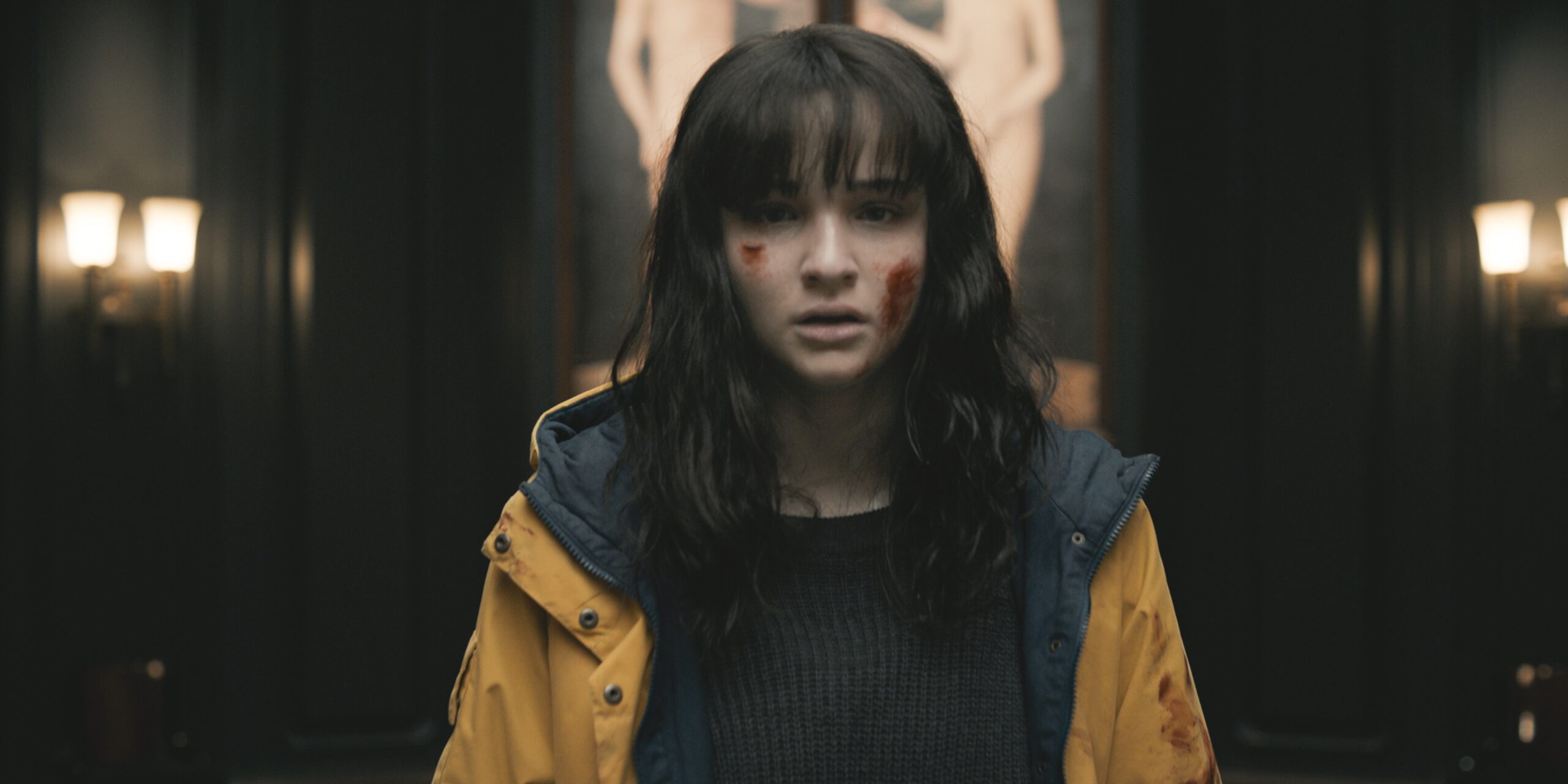Dark Review (2017 - 2020, Netflix)


Netflix's German science fiction series 'Dark' is a brain blast.
A viscous, dark family drama with dozens of characters scattered in five (!) tmelines:
we watch them and their decisions at different ages - and everything becomes much more complicated when you realize that this is a story about time travel, time loops and inevitability fate, when everything you do to stop evil only brings it closer. Do we have freedom of choice or is it the same illusion as the directionality of time (which, according to Einstein, exists in all times at the same time)? ..
"Darkness" is literally the best I've seen on this subject. Some compare it to the TV series "Stranger Things", but the similarity is only in a couple of details - here, too, it all starts with the loss of a child, part of the action develops in the 1980s, and an ominous nuclear power plant looms on the horizon, where someone is conducting cruel experiments. In general, the story of the three seasons can be described as an extremely serious and tragic hybrid of the series "Chernobyl" and "Back to the Future". It's perfectly written, shot and edited - thanks to the cut-togethers, you won't get confused about "who is this?" and "what year is it?"
Take a look if you're interested. Lera and I are now halfway through the second season - and this is a very puzzling sight, on the level of the first two seasons of "Westworld" (also a great series, by the way - it's about an amusement park with robots, one of which gains intelligence and this leaves its mark on narrative style).

Time travel is usually presented in two ways.
In the first, the universe remains the same and dynamically reacts to changes in the past, without affecting the traveller itself, like the adventures of Marty McFly on the DeLorean or Morty Smith with his brilliant alcoholic grandfather and drug addict Rick. They change the past, changes become constant, and the memory of the nonexistent past remains only with the heroes who changed the world ("Hitler was killed during the Beer Hall putsch - Nazism did not appear - there was no World War II"). The second option (my favorite) is time travel creates a new quantum reality, a twin universe. In the first universe, the time traveler disappears forever, in the second, he appears out of nowhere: the theory of the multiverse allows you to bypass temporal paradoxes. One of the classic ones: "If I went back in time and killed my grandfather, how was I born?" The answer of the authors of "Darkness" - "He was not your grandfather … you yourself became one, - when you stayed in the past and met that girl." Time travel is a brutal thing.
In the concept of the authors of "Darkness", time after the discovery of time travel is a self-contained entity. Heroes who leave their time to go back in time are doomed to suffer and make mistakes that will lead to exactly what they fought against. Because everything that ever should have happened has already happened, and the heroes from the future have only one advantage over the heroes from the past: all this has already happened to them, they have the knowledge of how everything will be. They are still slaves of predestination (some of them accepted this, some continue to fight), but the knowledge of what happened, each seemingly meaningless meeting with a stranger, gives them hope that they will be able to outplay the enemy. who has no less knowledge. It turns out an incredibly complex intellectual game of travelers from the future, each of whom is in a hurry to make his move before the end comes - a cataclysm that will destroy almost all of humanity and close the wormhole that links several times.
Do the heroes have any hope that they will be able to break the vicious circle of the world, from which cause and effect have disappeared, where time is locked and the ties between people are more intertwined than Jon Snow and Daenerys? Is there at least some free will, or is everything in the world predetermined from the very beginning? And what the hell is really going on here? .. Time is looped, the cause has become the effect, the mystery gives rise to mystery in an endless recursion of a kaleidoscope of events, times, destinies and persons - the same and at the same time different …
Endless fractal supersymmetry of quantum foam...
Tick-tock, tick-tock.




Comments